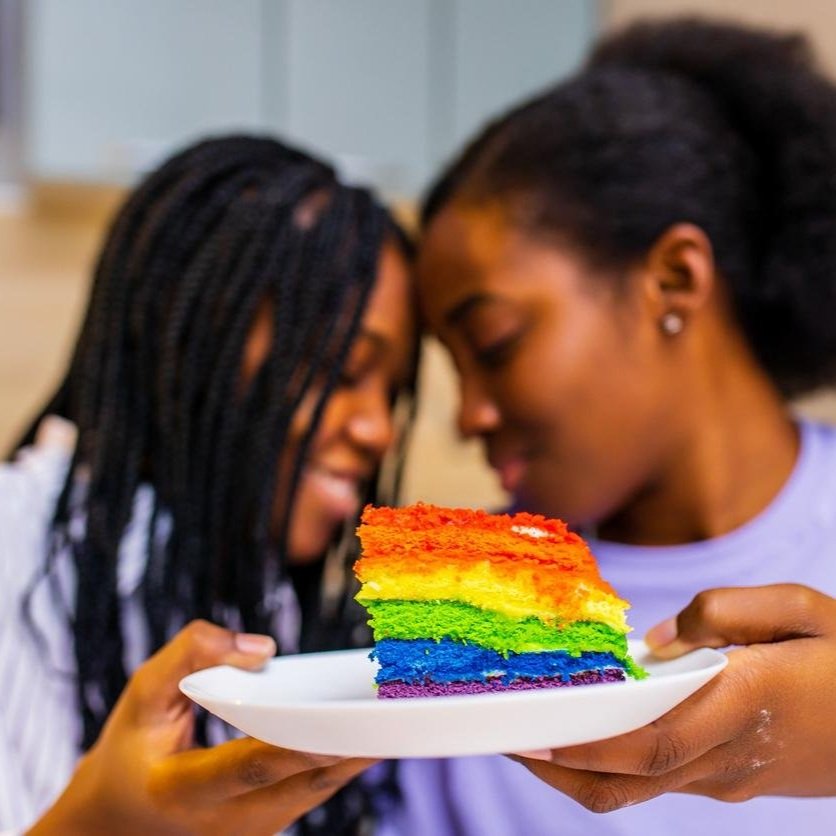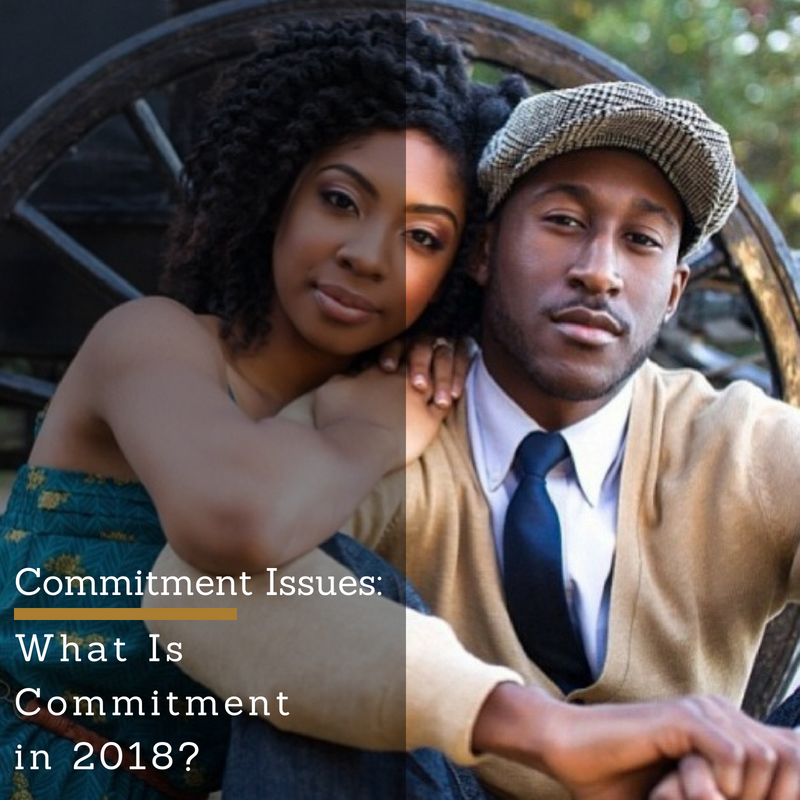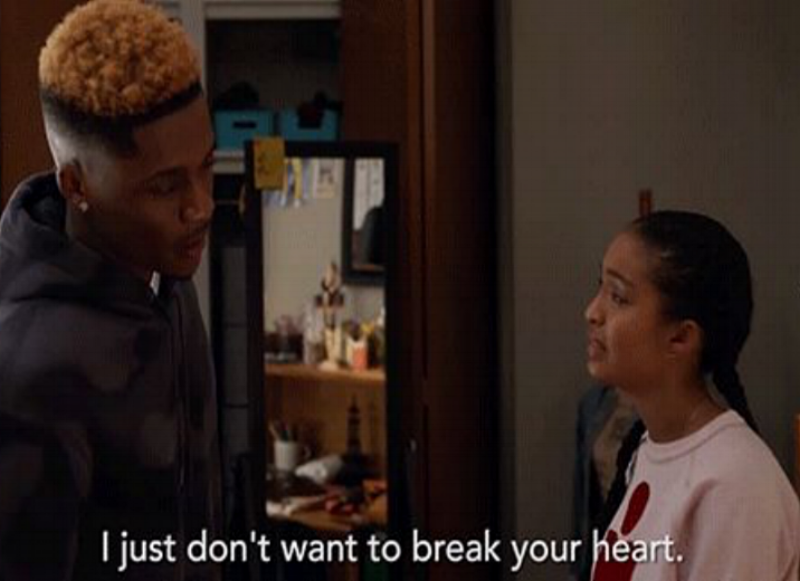Self-Sabotage: Getting in Our Own Way in Love
Self-sabotage in relationships can take various forms, such as pushing away a partner, avoiding commitment, or engaging in destructive behaviors. We discuss it here!
Photo Credit: Pheelings Media via iStockPhoto.com
By: Jamila Gomez
Relationships are complex and often demand effort, compromise, and vulnerability from both individuals involved. However, some individuals may repeatedly engage in self-sabotaging behaviors. Self-sabotage in relationships can take various forms, such as pushing away a partner, avoiding commitment, or engaging in destructive behaviors. To understand why people self-sabotage in relationships, it's essential to explore several underlying factors and patterns.
Fear of Intimacy:
For some, past negative experiences, trauma, or a fear of vulnerability can trigger self-sabotaging behaviors. Consequently, individuals may emotionally withdraw, be overly critical, or create conflicts to protect themselves from potential emotional pain.
Low Self-Worth:
A lack of self-worth can lead to self-sabotage in relationships. Those with low self-esteem may engage in behaviors undermining their relationships, such as seeking validation outside the relationship or questioning their partner's intentions.
Fear of Rejection:
The fear of rejection can be a powerful force. Individuals who've experienced past rejections may engage in behaviors pushing their partner away before facing potential rejection.
Commitment Issues:
Some struggle with commitment due to deep-seated fears and insecurities. Commitment phobia may manifest as self-sabotage when facing the possibility of a long-term relationship.
Unrealistic Expectations:
Unrealistic expectations can strain relationships. Holding high standards for oneself or their partner can lead to self-sabotage, resulting in constant disappointment.
To overcome self-sabotage, individuals should seek self-awareness and understand the root causes triggering their disruptive behaviors. Consider therapy or counseling to address emotional wounds, insecurities, or fears. Building healthy self-esteem is crucial, enabling individuals to participate in loving relationships without self-sabotage.
Communication is key. Open and honest conversations with a partner can help express fears and concerns, fostering a supportive environment. Embracing vulnerability and learning to trust oneself and the partner can help overcome self-sabotaging patterns, cultivating healthier connections
YOU MAY ALSO BE INTERESTED IN:
SHARE TO SOCIAL MEDIA
Commitment Issues: What Does Commitment Look Like These Days
What does commitment mean for modern day relationships? When did it become negative to have feelings for someone or admit that you’re falling in love? We discuss commitment issues and what a committed relationship looks like in 2018!
By: Alyssa Cole
Scrolling down timelines on social media today with this new generation includes seeing selfies, fashion, quotes, and oh yea Love Memes! Or can you even call it that to be honest? You see a lot of “I wish I had this” or “All I need is that” type of thing not realizing that hey your mystery lover isn’t going to find you just from ten thousand retweet’s or reposts about what you wish you could find. Sorry!!! One of the best quotes about life that comes to mind is “Walk the walk and talk the talk”.
So many young people say one thing but when someone is right in front of them that may be just the person for them they get hesitant, fearful, sometimes skeptical, or even simply just realize their fear of commitment. Come Again?!!
Makes no sense some may say looking in from the outside, but our way of communicating as young people has changed drastically. The tv series “Grown-ish” really displayed it best for the young people. We lack communicating our feelings or make it harder than it needs to be sometimes.
We don’t want to come off too clingy but deep down want that person all to ourselves, we hate seeing that person with other people, but can’t seem to stand up and say “Look I like you and I want to see where this thing could go”. When did feelings become such a negative thing?! Some may blame the environment you grew up in. Divorce ratings are around 50% in likelihood of occurring in America to the average married couple and has been said to have an effect on children even down to the child not desiring in the future marriage or a long term committed relationship. Let that sink in for a second.
Now some may say that sounds crazy but from countless conversations with people, I’ve personally found that more people have said they don’t have any reasons to get married or have doubts about marriage and majority of these people have experienced divorce or separation within their households.
Now although this doesn’t relate to every person in this situation, it’s still eye opening to the impact it can really have on a person. Aside from divorce being a reason, some people just don't want to put in the effort to build something that grows into marriage or even worse, some people just have a ton of expectations or excuses why someone they've met or came across isn't right for them without really taking the time to give them a chance. Have you been guilty of any of these in the past?
As generations continue to grow, the traditional lifestyle fades out and new values and lifestyles slide on in. What will getting married look like in ratings in the next ten years? Will it turn around or will it continue to decrease? Will commitment become extinct at some point or will more young people see the value in it and try to put effort into something long lasting? Only time will tell right?!
One thing we all know is that effective communication in relationships is key agreed? So if we lose sight of how to do that, how can friendships and relationships last? In general, we are all trying to figure out how to become successful and live our best life! Just something to think about!
THIS ARTICLE IS RELATED TO: commitment issues, committed relationship, relationship commitment, relationship commitment issues, dating advice













